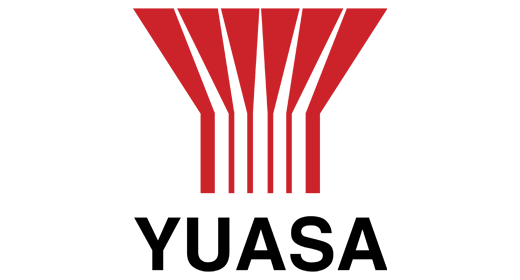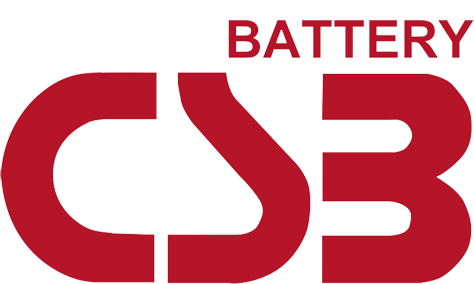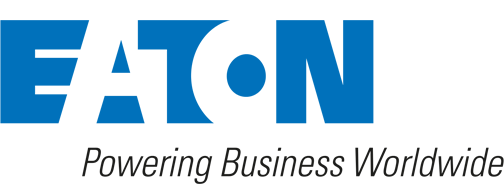Exploring UPS Redundancy Options: N+1, N+2, and Beyond
Uninterruptible Power Supply (UPS) systems are paramount to virtually every business operation in our digital age. Their primary function is to ensure continuous power flow to critical loads when utility power fails. However, no matter how dependable a UPS system is, it's never invincible against malfunction. Redundancy protects the operation from single failure points.
This blog explores the various UPS redundancy options, mainly the N+1 and N+2 configurations and beyond. It also highlights how Secure Power can facilitate these redundancy measures.
Understanding redundancy
In the context of UPS, redundancy means using extra resources to ensure a fail-safe system. The idea is to have backup UPS units that can immediately pick up the load if one unit fails or needs maintenance.
The 'N' in redundancy configuration is the number of UPS units required to handle the entire load. The '+1', '+2', or 'beyond' represent additional UPS units that serve as backups to provide extra security. These configurations are integral to maintaining a continuous power supply, especially in critical sectors like healthcare, data centres, and manufacturing.
N+1 redundancy
N+1 redundancy is the most basic configuration and is often the first step businesses take towards UPS redundancy. In this case, another UPS unit is required to be installed. For example, if your power load requires three UPS units (N=3), you would install four units (N+1) to ensure redundancy.
During a UPS malfunction, the additional unit seamlessly picks up the load. N+1 redundancy is especially beneficial for businesses that cannot afford downtime and have budget constraints.
N+2 redundancy
While N+1 redundancy provides reasonable protection, it might not suffice for businesses requiring near-perfect uptime. This is where N+2 redundancy comes in handy.
In N+2 redundancy, two extra UPS units are added instead of one. For example, if your power load requires four UPS units, you would install six. This redundancy allows for a second layer of protection in case of a failure in one of the original units and the first redundant one.

Beyond N+2: Embracing modular redundancy
In the fast-paced world of technological advancements, businesses seek UPS redundancy methods that offer robust protection, scalability, flexibility, and, most importantly, reduced Mean Time to Repair (MTTR). Modular redundancy is a concept that meets these requirements.
Unlike traditional UPS redundancy, where you add entire units, modular redundancy introduces extra modules within a UPS unit. A module in this context is a compact, self-contained UPS within a larger system. For example, a 100kVA UPS might consist of five 20kVA modules. This system might require only 80kVA to meet its power requirements, leaving one module as a redundancy.
Modular redundancy's key advantage is its scalability. As your power requirements grow, you add more modules instead of purchasing replacement UPS units. This approach provides cost and energy efficiencies without compromising redundant power supply security.
Modular redundancy allows concurrent maintenance. If a module requires maintenance or replacement, it can be swapped out without interrupting the rest of the system, ensuring a continuous power supply.
Secure Power: Your reliable partner in power redundancy and future-proof solutions
Secure Power understands the importance of uninterrupted power for your business. That's why we offer a comprehensive suite of services that cater to your unique power needs, ensuring continuous operation.
Our UPS systems are designed to meet diverse power needs across different industries while maintaining high-quality standards. Whether you require traditional N+1 or N+2 redundancy or are looking to future-proof your business with modular redundancy, we have a solution for you.
Our modular UPS systems are at the cutting edge of redundancy technology, offering scalability and flexibility. As your power requirements grow, these systems allow you to add more modules, leading to cost and energy efficiencies. However, they do not compromise the reliability of redundant power supplies.
Our services extend beyond providing and installing UPS units. We are committed to ensuring your power infrastructure runs smoothly. Our comprehensive maintenance packages, supported by a 24/7/365 monitoring service, allow us to detect potential problems early and implement preventive measures before a power disruption occurs.
For our modular UPS customers, we offer regular maintenance and inspection services to ensure each module operates at peak performance. If a module needs replacement or repair, our rapid-response engineering team will promptly act, reducing potential downtime to a minimum.
Secure Power supplies more than UPS systems. We offer a partnership, an ongoing commitment to your business's continuous operation. We help future-proof your power infrastructure, ensuring your business is ready for tomorrow. With Secure Power, not only are you investing in a UPS solution, but you're also investing in a secure and sustainable future for your business.














